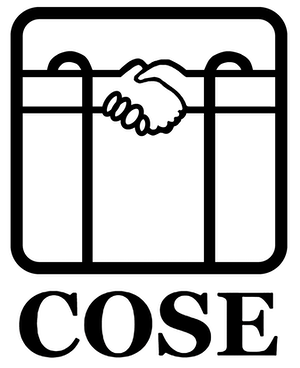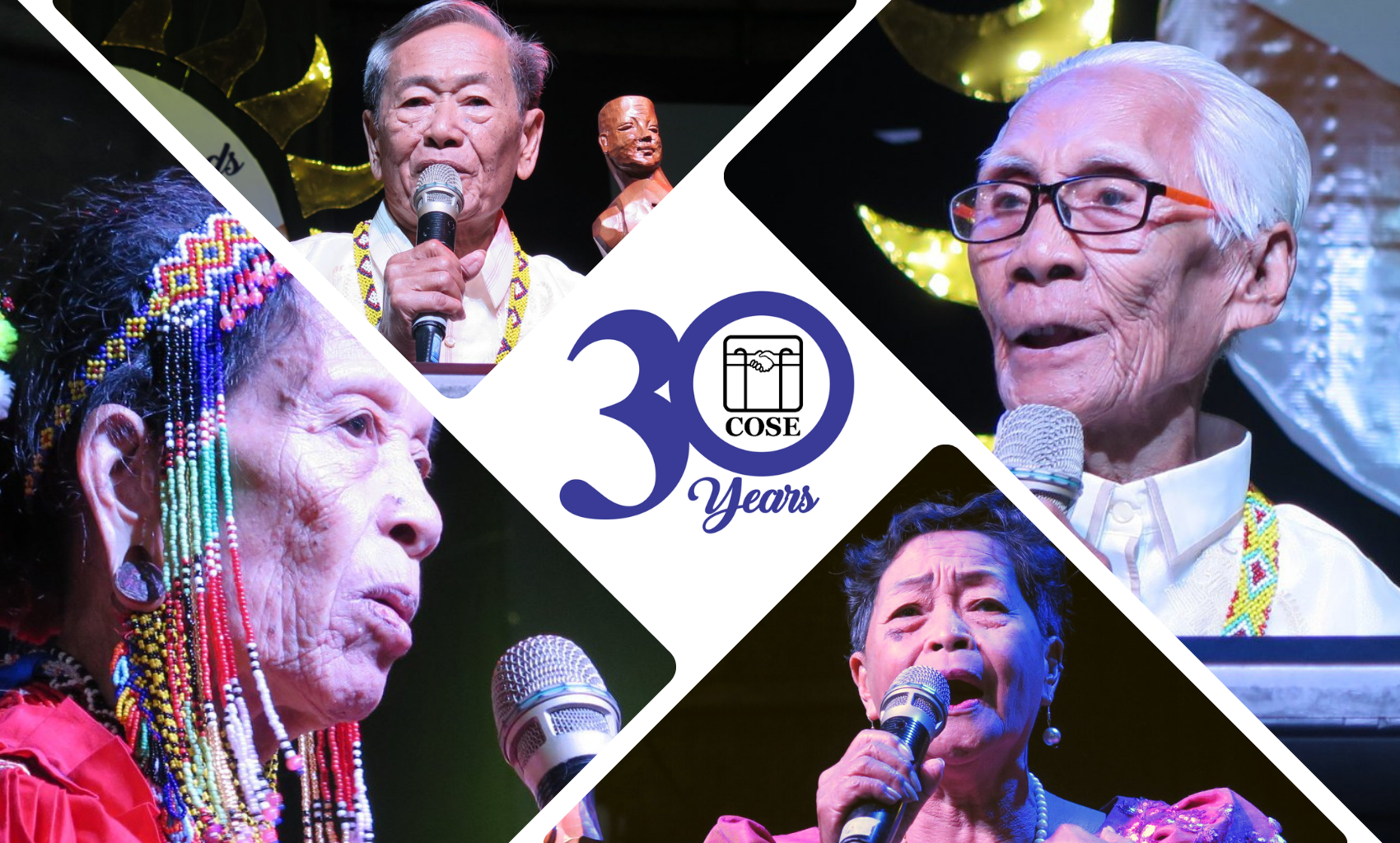Older Persons in Times of Disasters
Older people group is one of the most vulnerable sectors. More than 46 percent of people aged 60 years and over have disabilities, and more than 250 million older people experience moderate to severe disability. They have specific needs, especially in emergencies, which need to be addressed and provided.
Despite these facts, older people’s frequent exposure to and experiences in disasters make them credible resources of knowledge and ideas. Their contributions can help in the preparedness and recovery of their communities in emergencies or disasters.
We at COSE recognize both vulnerabilities, capabilities and contributions of older people sector in disaster risk reduction and management, and emergencies.
Our Experiences in DRR and Emergencies
Our organization is well positioned and experienced in responding immediately to emergency situations and had done so in 2009 to 2013.
We implement an inclusive community-based Disaster Risk Reduction program that involves all sectors, particularly the older people, from planning to implementationof DRR activities.
We also engage our network of Older People Organizations (OPOs) in carrying out rapid assessments and distributing relief items to the most affected older persons in the interventions.
Some of our key responses that occurred over the past five years were: Ondoy (Ketsana), Pepeng (Parma) and Sani (Mirinae) in 2009, Juan (Megi) in 2010, Pedring (Nesat) in 2011, Pablo (Bopha) in 2012, and Yolanda (Haiyan) from November 2013 to April 2016.
HelpAge-COSE Typhoon Yolanda Programme: A Special Response
The destruction of Yolanda (Haiyan) in Visayas had led to creation of a joint response program between COSE – a local NGO and HelpAge International – a global NGO that both works to raise and respond to concerns and issues of older people. This program is considered a special kind because of its system wherein an international organization had tapped a local non-government organization, and combined and maximized their resources.
Our joint response focused on 11 municipalities and supported 110 OPOs through activities such as:
- Rebuilding livelihood and houses;
- Restoring access to health by promoting alternative livelihood and healthy ageing;
- Promoting protection and inclusion of older persons by organising older persons in our targeted municipalities;
- Engaging with local government unit;
- Establish help desk for older people;
- Conducting awareness-raising activities, and promoting community resiliency through inclusive DRRM training.
- Attending cluster meeting during emergencies to ensure that the older people will be part of the emergency response program of different agencies.
Several innovative programs have been introduced to older people and their communities like:
- Mobile Health Care Service that brings health care services at older people’s homes, especially far flung areas.
- Age-friendly Help Desks have also been established to serve as a focal area of information on older people’s rights, entitlements and services, referral pathway systemas well as a community complaint mechanism.
Sharing Expertise in Older People-Inclusive Disaster Risk Reduction (DRR)
COSE is also part of the technical working group (TWG) led by Handicap International in developing a supplementary training manual. The publication dubbed as LahatHanda: BIG supplementary handbook on inclusion (LH, literally translates “everybody prepared”) is a complementary manual to the existing OCD-NDRRMC’s Basic Instructor’s Guide (BIG), which will tackle the specific issues and topics on disability as well as of children and older person.
Old people are honored in the Philippines but aging is not. Beyond all the good programs (health care, advocacy ,etc) my deepest wish is that both older people and society look at aging differently and older people become who they are supposed to be… at the peak and not end of a lifetime of growth and hence invaluable to themselves and others.

